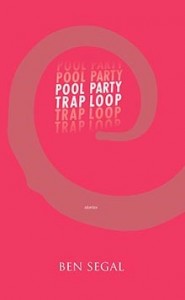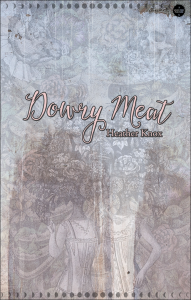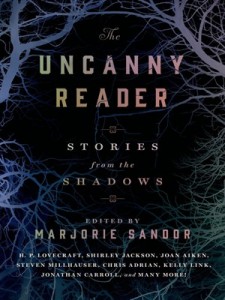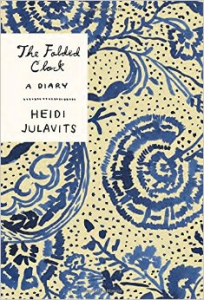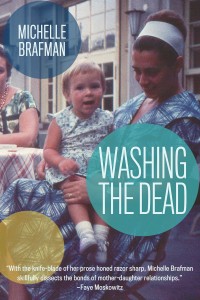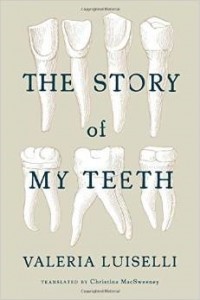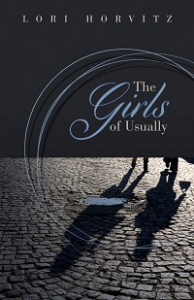136 pages, $16.95
Review by Michael Vegas Mussman
What is up with palindromes? Seems like any palindrome longer than “racecar” is unwieldy both to sense and to sound. Plus, they’re fake. “Able was I, ere I saw Elba,” Napoleon never said. “A man, a plan, a canal: Panama” makes sense only for advertising copy. And who is this Panamanian man, anyway?
And yet. Certain palindromes like “radar” do shine a pretty light. I bet we invented them to feed our craving for symmetry. It’s like they’re taunting us – what if, instead of randomly combining 26 letters, we follow some logic to build our words? It’s a nifty trick.
I want you to read Pool Party Trap Loop, by Ben Segal. The stories that Segal writes reflect each other, sometimes in mirrored pairs. But where palindromes create an illusion of order by deforming words, Segal assembles elegant words to evoke a fucked up reality. Continue reading
![[PANK]](https://pankmagazine.com/wp-content/themes/pank/assets/images/pank-logo-large.png)

